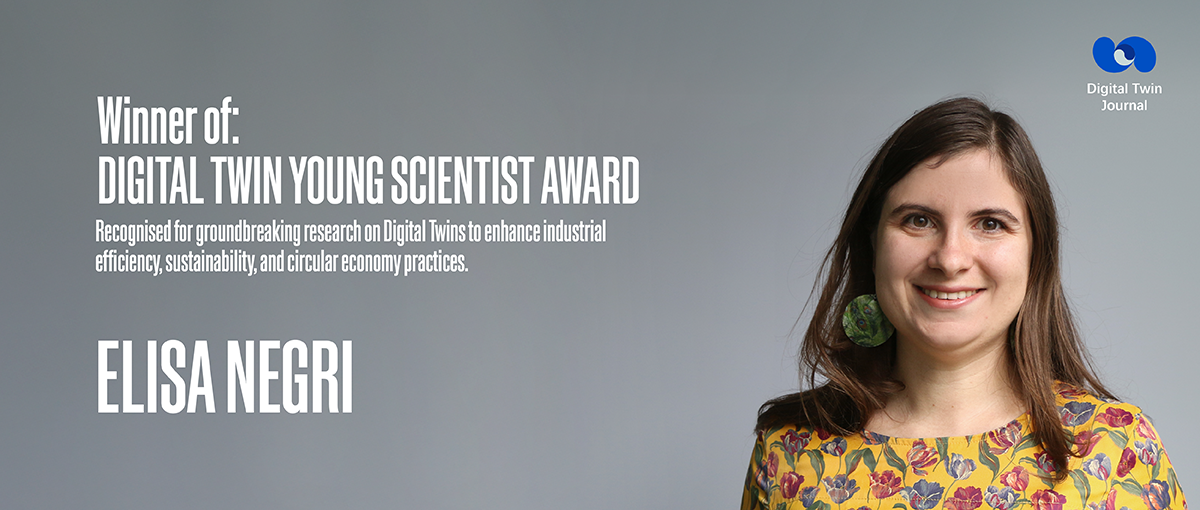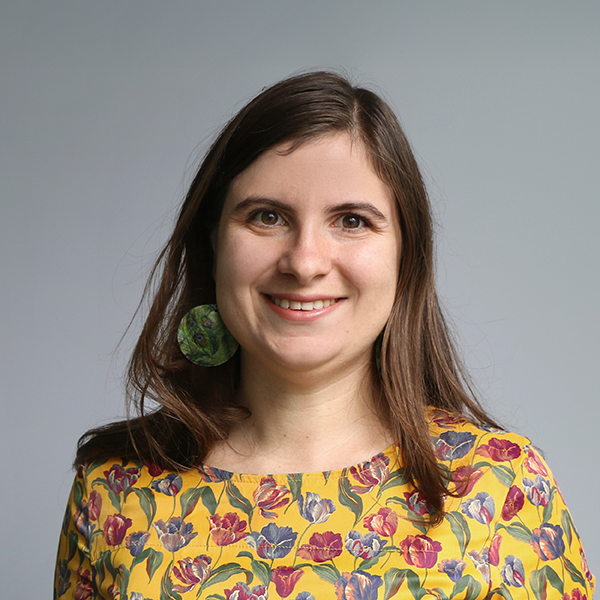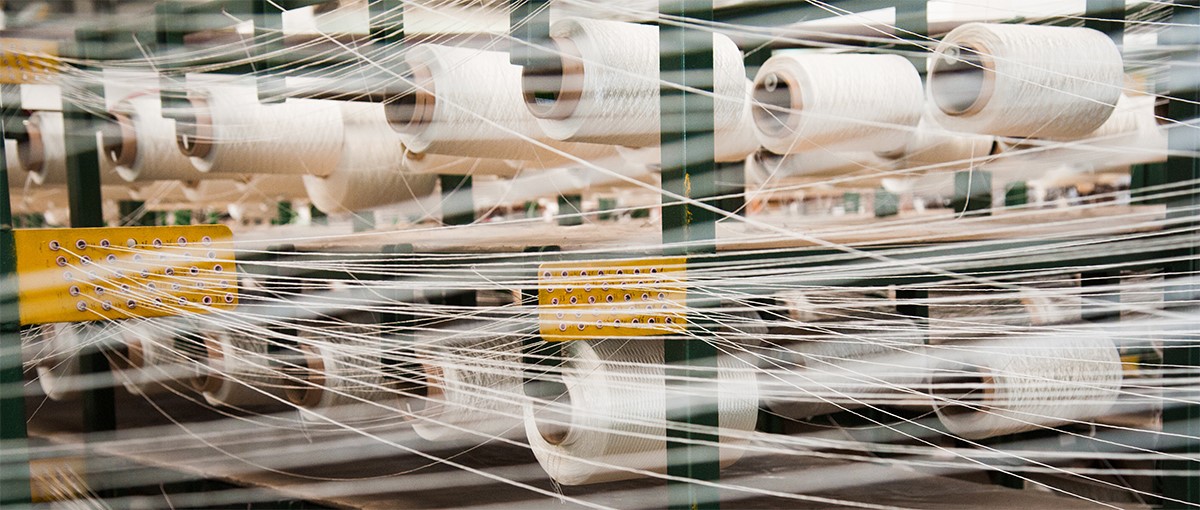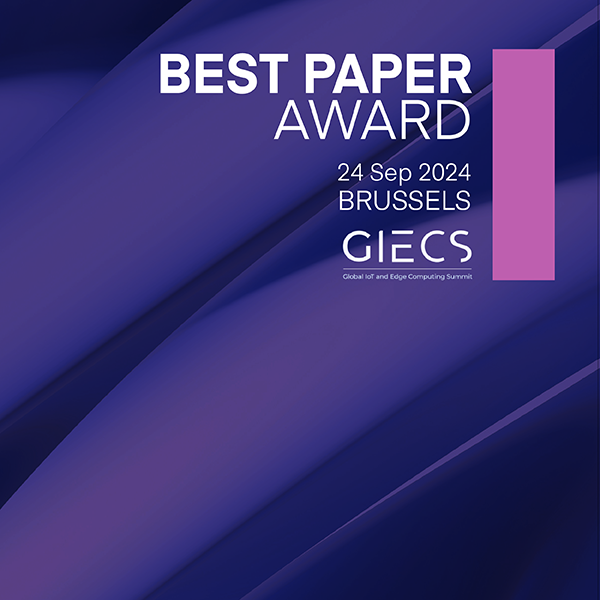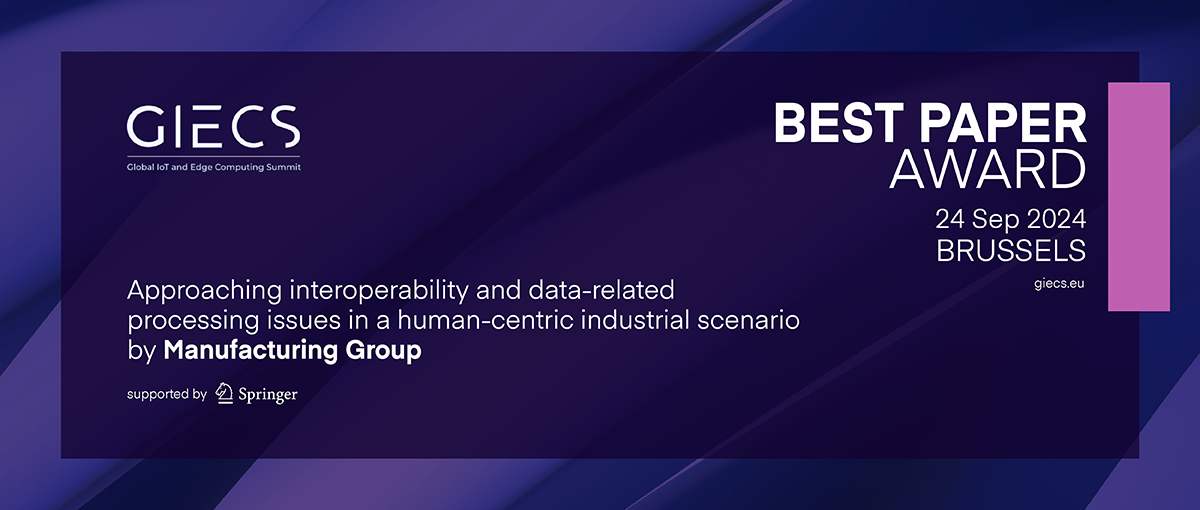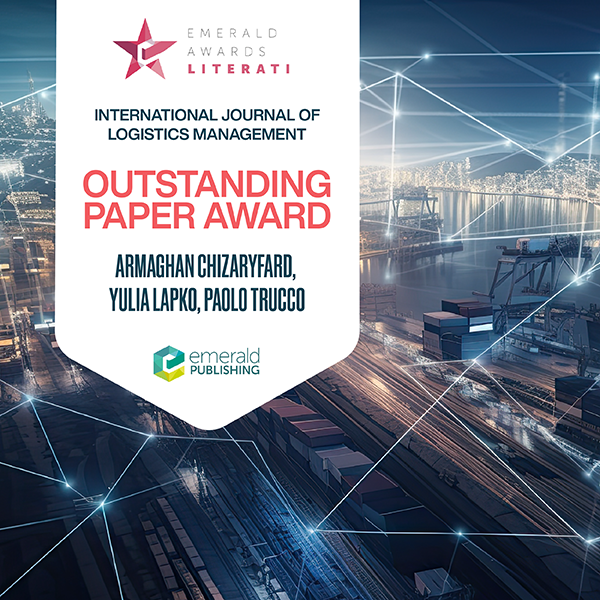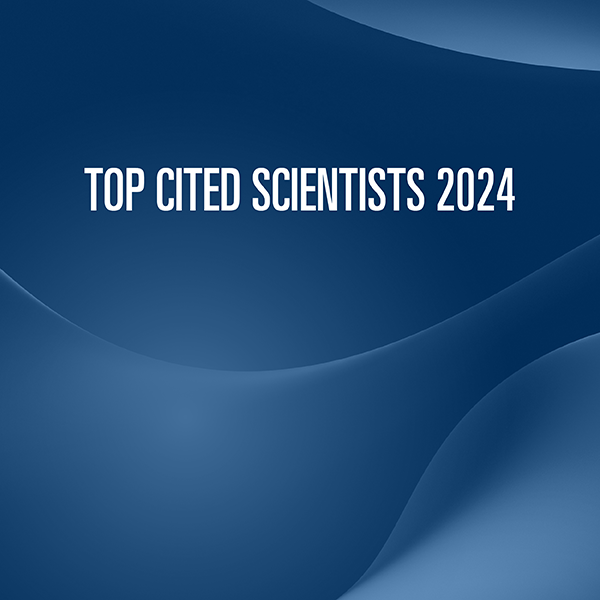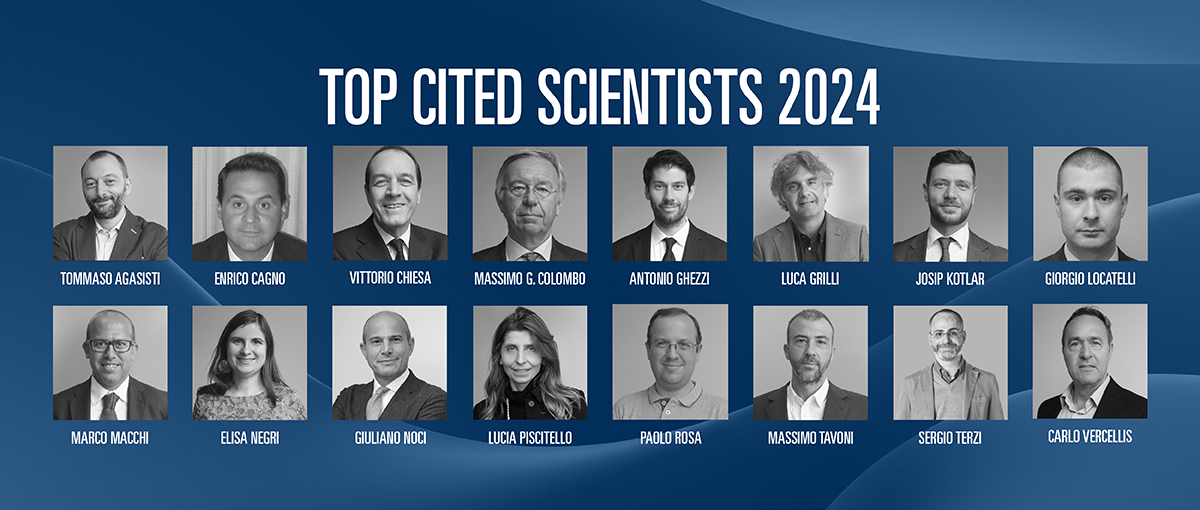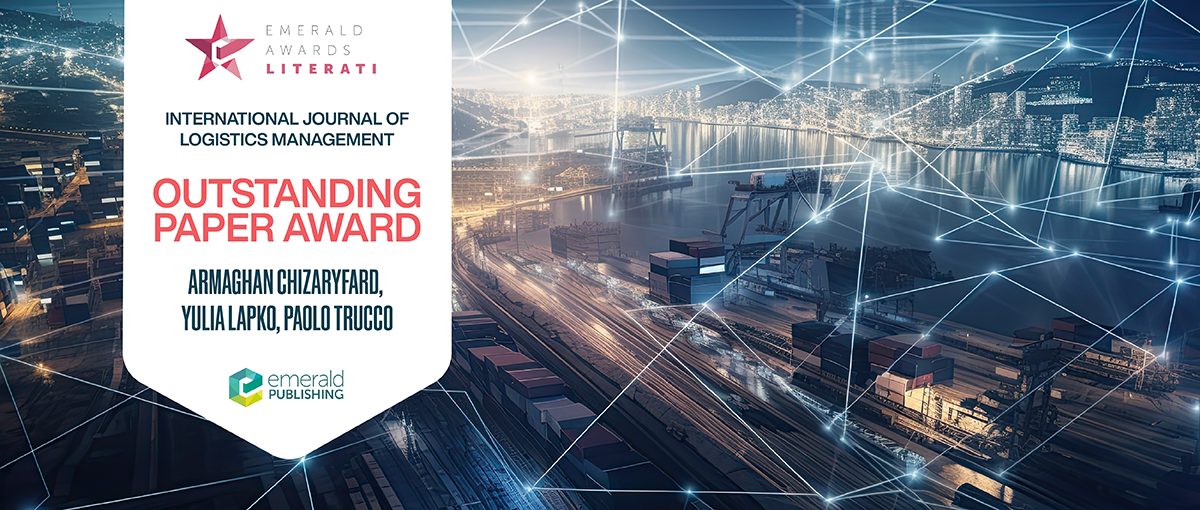
Supply chain transformation is a critical challenge for companies seeking a more sustainable business model. A new study proposes a strategic framework to help companies navigate this transition while maintaining flexibility and adaptability in an uncertain industry environment.
The transition toward a circular economy (CE) is a complex and necessary shift for our industries. Companies are increasingly tasked with transforming their linear supply chains into closed-loop supply chains (CLSC), integrating reverse logistics and recovery processes. This transformation is a response to environmental concerns and a strategy to remain competitive in the rapidly evolving industrial landscape. The automotive sector, in particular, is at the forefront of this major change.
In the research paper “Strategic closed-loop supply chain configuration in the transition towards the circular economy of EV batteries: an evolutionary analytical framework”, by Chizaryfard Armaghan, Yulia Lapko and Paolo Trucco, the authors introduce an innovative framework that offers a big-picture, evolutionary approach to developing closed-loop supply chains (CLSCs). The paper has been recognized with the Outstanding Paper Award at the 2024 Emerald Literati Awards in the International Journal of Logistics Management. This recognition highlights the importance of interdisciplinary research in shaping closed-loop supply chains (CLSC) as we transition to a circular economy. By examining the dynamic interactions between technology innovation, product design, supply chain planning, and infrastructure development, the framework addresses the uncertainties and adaptive challenges faced in today’s unpredictable business environment, helping businesses navigate the complex journey from traditional linear models to circular ones.
It is especially relevant for industries like electric vehicles (EVs), where technology and markets are changing rapidly and unpredictably. Creating a CLSC for EV batteries isn’t just about small tweaks—it requires a comprehensive, long-term strategy that considers how technologies, market conditions, and relationships between organizations evolve together.
An Evolutionary view on Closed-Loop Supply Chain configuration
For those working in the field, this framework provides valuable insights and practical strategies to tackle the uncertainties and challenges that come with such a significant transformation.
Here are some key takeaways:
- Bringing Together Short-Term and Long-Term Planning
Aligning immediate actions with future goals is crucial when developing a CLSC, especially in unpredictable technological and market landscapes. For example, companies dealing with EV batteries need strategies that account for the gradual increase in returned batteries and the evolving technologies for end-of-life management. When selecting suppliers, businesses should choose partners who can handle current low demands and scale up as returns and recycling technologies grow. This alignment ensures flexibility and the ability to adapt operations as market conditions change.
- Building in Flexibility and Adaptation
Flexibility is at the heart of this framework. Supply chains must be adaptable, ready to evolve as technologies and markets do. Companies can develop transition strategies that allow for gradual changes instead of sudden overhauls. By adopting transitional configurations, businesses can slowly increase their involvement in processes like remanufacturing or recycling without overcommitting resources too soon. This approach reduces the risk of getting locked into less-than-ideal strategies and provides the agility to adjust as new information emerges.
- Encouraging Collaboration and Co-Development
Navigating technological changes outside a company’s core expertise presents a dilemma: Should a company invest heavily to acquire new knowledge, collaborate with suppliers, or rely entirely on external partners? Co-developing technologies allows companies to maintain some control over innovation while sharing risks and benefits. This balance between independence and cooperation helps companies stay competitive during uncertain times. However, relying too much on suppliers for critical technologies can limit flexibility. Companies must carefully consider their long-term goals to ensure their supply chains remain resilient and adaptable.
- Handling Path Dependencies and Avoiding Getting Stuck
Early decisions can set a course that’s hard to change later—a concept known as path dependency. If a company invests too heavily in a specific technology or supplier, it might struggle to pivot when new innovations arise. The framework suggests designing supply chains with flexibility in mind, avoiding choices that could lead to being stuck with outdated methods. By staying adaptable, companies can embrace new opportunities without being hindered by past commitments.
- Leveraging Interconnected Strengths
Different parts of a supply chain often enhance each other. Improvements in one area can positively impact the entire system. For instance, a better battery design can make recycling processes more efficient and foster smoother collaboration with recycling partners. These interconnected strengths, or complementarities, are crucial for stability and progress. However, companies need to manage them carefully to avoid becoming too dependent on a specific technology or partner, which could limit future flexibility.
Putting the Framework into Action
To apply this framework, professionals working in the field may start by mapping out their current supply chain and pinpoint areas where flexibility and collaboration are needed. Develop strategies that allow for gradual improvements, setting short-term goals while keeping long-term objectives in focus. Establish systems to monitor technological and market changes so that the supply chain can respond effectively. This proactive approach helps avoid the pitfalls of path dependency and ensures the company remains agile.
Looking Ahead
This evolutionary framework offers a powerful tool for navigating the shift toward closed-loop supply chains in a circular economy. By emphasizing long-term planning, flexibility, collaboration, and mindful decision-making, it provides practical guidance for building resilient and adaptable supply chains.
As industries evolve and the importance of CLSCs grows, this framework will be invaluable for companies aiming to stay ahead, especially in sectors like electric vehicles where uncertainties are high. By embracing these insights, businesses can create supply chains that meet today’s needs and are prepared for tomorrow’s challenges.
Read the full paper:
Chizaryfard A., Lapko Y., Trucco P., “Strategic closed-loop supply chain configuration in the transition towards the circular economy of EV batteries: an evolutionary analytical framework”,
The International Journal of Logistics Management, Vol. 34, No. 7, 2023, pp. 142-176
